|
Sitting here in Fort William, looking out of my window at rain falling on the summit of Ben Nevis in the middle of February makes me very sad. When I moved to Fort William 27 years ago we had some very snowy winters and some very poor winters for climbing and skiing. But even the poor winters back then were nothing like we have been experiencing in the last few years. Climate change is certainly making a very clear impact on the volume of snow we get as well as the depth and duration of the thaw periods. For the entire time I have lived here I have enjoyed very regular days out in the mountains that surround Fort William, and especially Ben Nevis. When I first moved here I did not intend to stay here for good. It was a means to an end, a place that I needed to live to get the winter climbing experience that I needed to gain the British Mountain Guide qualification. I was close to moving to the Alps, to France or Switzerland, or even to Canada. However, having lived here for a few years and thinking about where I wanted to raise my family, Louise and I decided that we should stay. We had already developed a real connection with the community and the landscape here, and we did not want to lose this. Over the years since, my connection with the landscape of Lochaber has strengthened to such an extent that I care very deeply about it. I cherish my time in the mountains and wild places of Lochaber, I have a relationship with them and I am learning how the natural systems work. I also notice the changing seasons every year, and the changes between the years. There is no doubt that change is happening. It is very difficult for each of us to recognise long term changes when the weather and ground conditions have always been so variable and changeable. For many years I said that it is impossible for us to see any long term climate changes because our memories are short. This is still true but the changes are now so obvious that it is hard to miss them. In addition we have very good weather data from stations on Aonach Mor (within Nevis Range ski area) which show the same conclusions. We get occasional updates through the SAIS Lochaber Blog including this one from a couple of week ago - https://lochaberblog.sais.gov.uk/2023/01/a-wet-thaw/ Of course we also have just about every climate scientist on the planet telling us that climate change is happening at an alarming rate and that we must do everything we can to slow it down. Last year 2.1m people in Pakistan were left homeless because of floods that covered 10% to 12% of the land area of Pakistan. The floods affected 33m people. Imagine half the population of the UK being affected by floods all at the same time and you will get an idea of the scale of the crisis they faced due to heavier than usual monsoons and greater glacier melting due to climate change. Here in the UK (and in the rest of Europe and North Africa) we experienced a record breaking heatwave with the highest temperature record of 40.3°C being measured on 19th July. It was declared a National Emergency after a red warning was put in place by the Met Office. Just a few days ago, Shell reported record annual profits after energy prices surged last year following Russia's invasion of Ukraine. Profits hit $39.9bn (£32.2bn) in 2022, double the previous year's total and the highest in its 115-year history. All of the oil companies plan to spend millions of dollars every single day from 2021 to 2030 on new oil and gas projects which will release 646 billion tonnes of CO2 emissions. The global carbon budget for having a 50% chance of keeping under 1.5°C rise is 500 billion tonnes. Norwegian oil giant @Equinor just announced record profits of £62,000,000,000. That’s more than double what they made last year and the highest EVER in Equinor’s entire history. Despite Equinor’s green rhetoric, this very same company wants to develop an oil field that will create as much emissions as the 28 poorest countries do in a year. If Rosebank is approved, Equinor and partners are set to receive more than £500 million in tax breaks from the UK government to develop the field. So, if the oil companies continue with their plans, we will far exceed the CO2 emissions we need to keep under to maintain some kind of limit on climate change just by themselves. This does not include all the other emissions of CO2 we produce in other ways. So, what can we do? The first thing to do is to learn the facts about the problem. Recently, I did a Carbon Literacy Course delivered by Protect Our Winters and I highly recommend it. Carbon Literacy Training is designed to give anyone an awareness of the carbon dioxide costs and impacts of everyday activities, and the ability and motivation to reduce emissions on an individual, community and organisational basis. From a position of knowledge we can act and discuss the issue far better. I now understand what my personal emissions are, where they come from and how I can reduce them. Next up, think about your banking, savings and investments. While we are out climbing and skiing, our savings and investments (in our banks and pension funds) are possibly going towards oil and gas projects. You need to check if your money is being used for projects that you are happy with. Have a look at Bank On Our Future to find out more. Changing bank is easy and free, and using a different bank will have little impact on your life but it could have a great impact on our future. Then think about checking whether your local council has its pensions invested in the right place. Despite 75% of local UK councils declaring a climate crisis, they collectively hold investments of nearly £10 billion in fossil fuel funds. The money that’s meant to be securing our future, is destroying it. But you can change that by writing to your council and asking them to change this. Have a look at the Protect Our Winters Divest The Dirt Campaign.
7 Comments
11/2/2023 08:16:27
Hi Mike,
Reply
David Wilson
13/2/2023 15:29:34
Hi Mike,
Reply
Stephan Harrison
11/2/2023 10:21:27
Hi Mike
Reply
Jon Eden
11/2/2023 13:57:57
Hi Mike,
Reply
Damien McGovern
13/2/2023 15:16:28
Hi Mike, very well put indeed. Great to see you write on this subject, it's the biggest crisis of our time, and I fear for our children and the world they are inheriting from us.
Reply
Ewan Findlay
14/2/2023 10:56:45
Hi Mike,
Reply
DAVID WILSON
21/2/2023 13:30:33
Hi Mike,
Reply
Your comment will be posted after it is approved.
Leave a Reply. |
AuthorMike Pescod Self reliance is a fundamental principle of mountaineering. By participating we accept this and take responsibility for the decisions we make. These blog posts and conditions reports are intended to help you make good decisions. They do not remove the need for you to make your own judgements when out in the hills.
Archives
March 2024
|
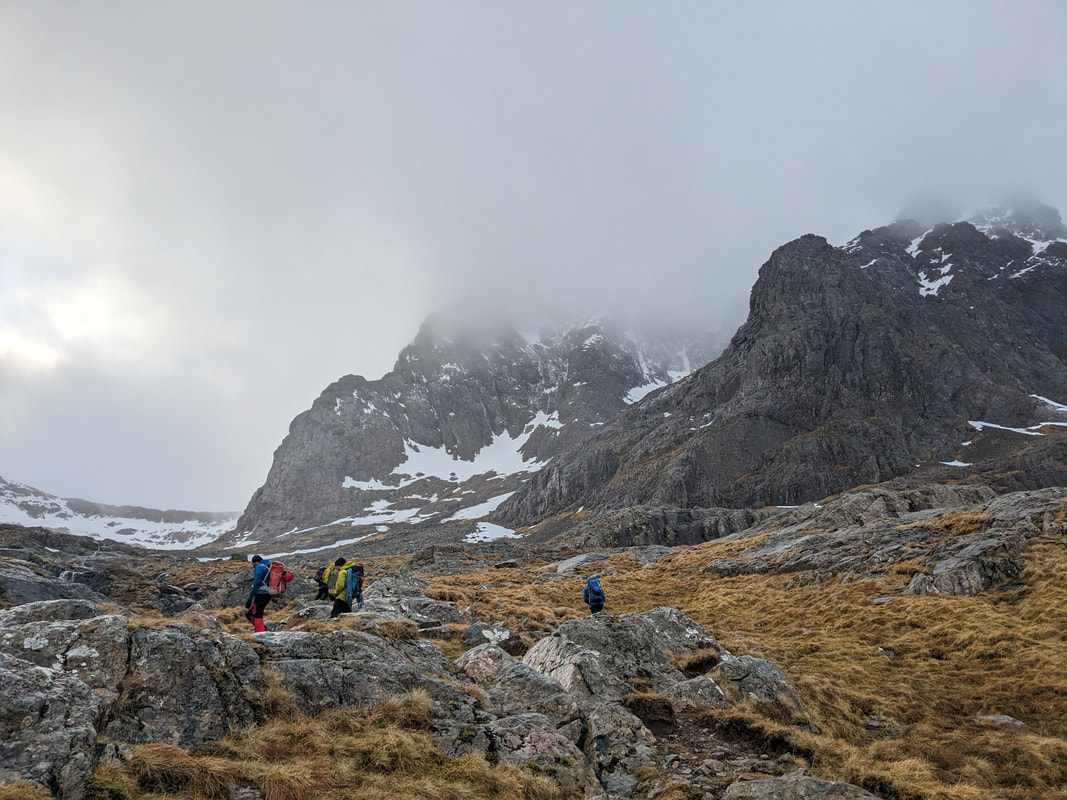
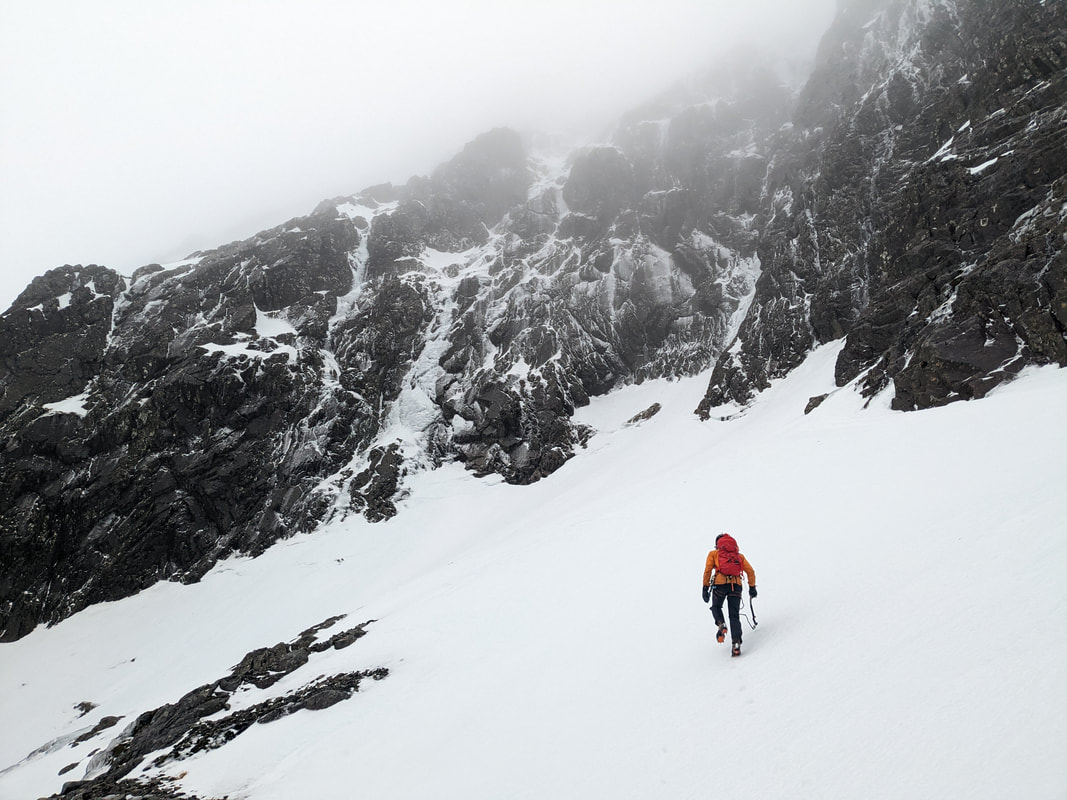
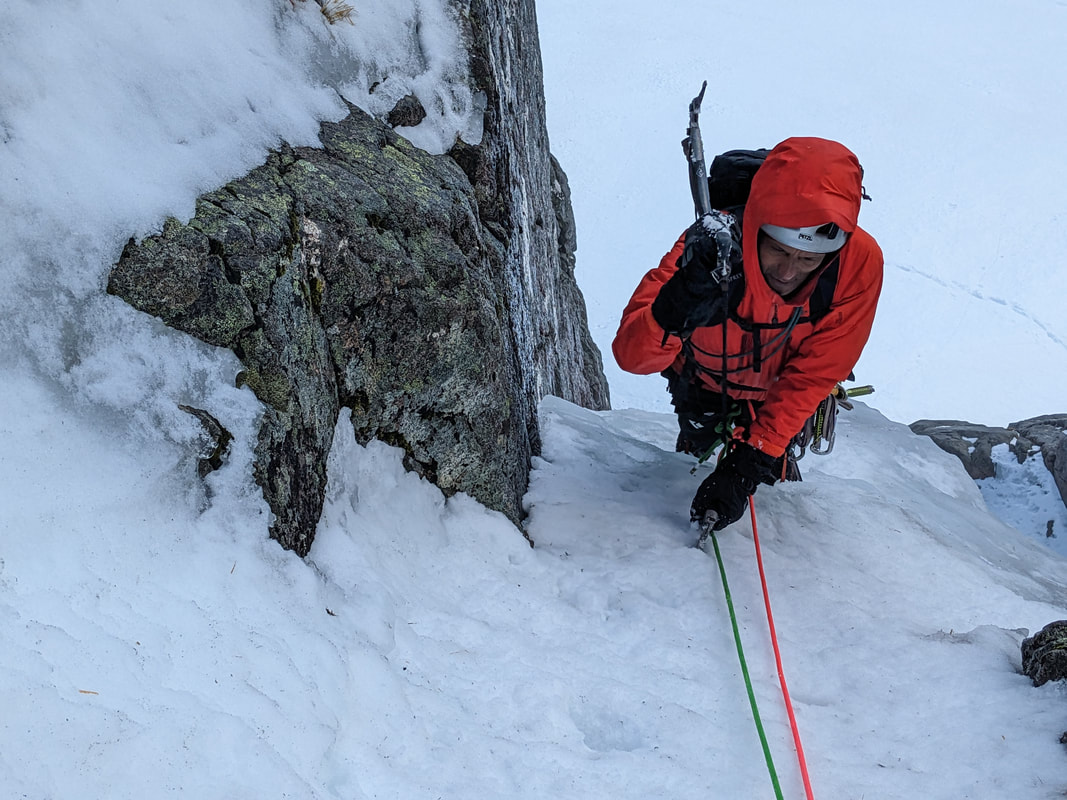
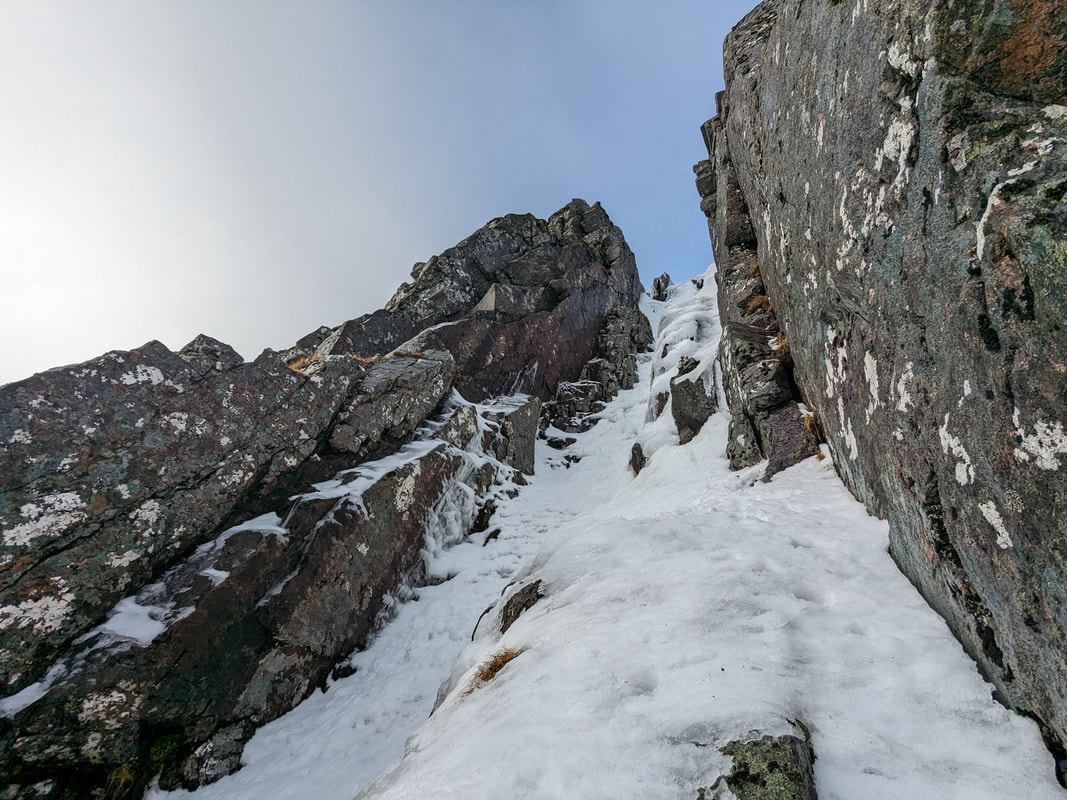
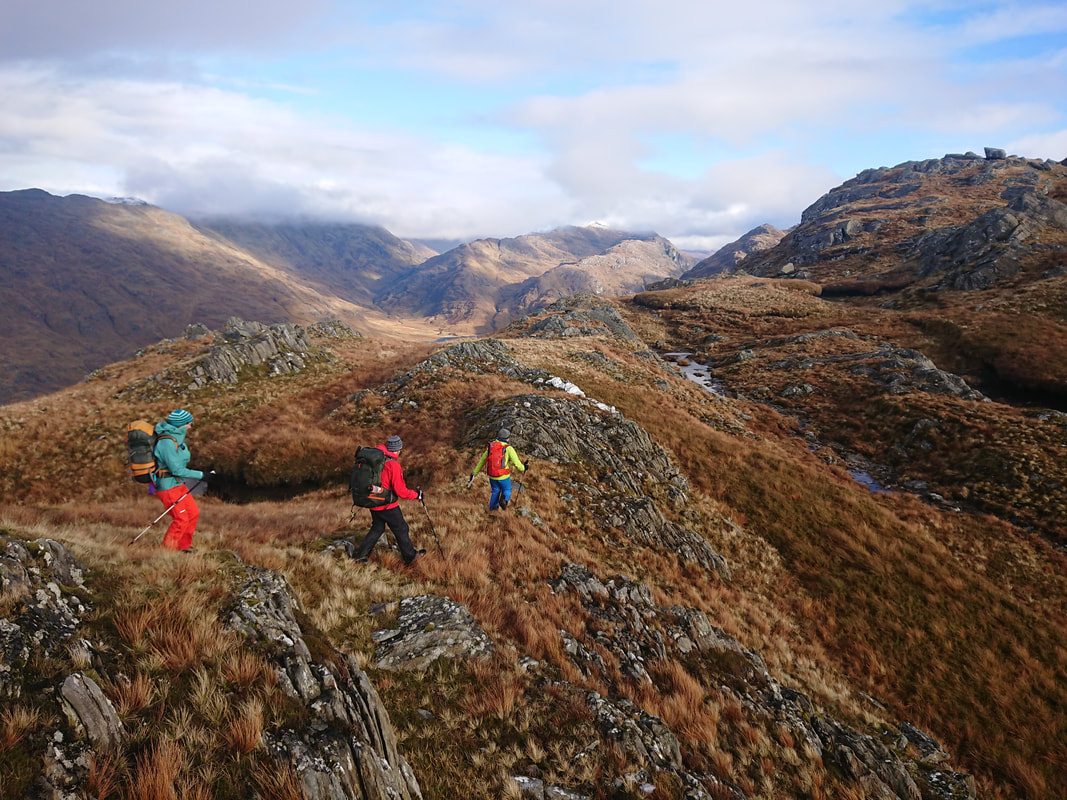
 RSS Feed
RSS Feed
